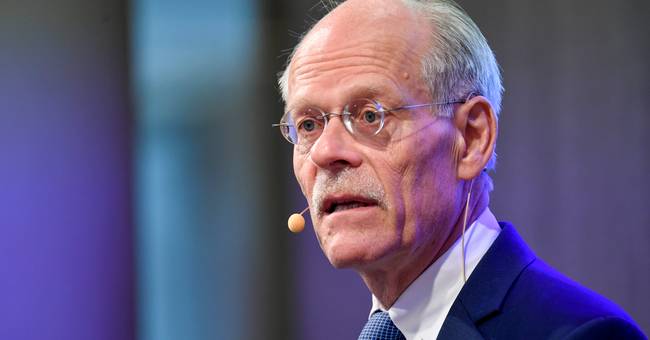The analysts agree.
No adjustments, is the answer from all of the 23 analysts that Reuters asked in a survey prior to this year's first interest rate announcement from the Riksbank.
The result will be at 9.30 today.
Great uncertainty in the pandemic, continued record stimuli and readiness for new measures if necessary are assumed to be the theme when Stefan Ingves presents the decision.
Support purchases slow down
The so-called interest rate path, which extends three years ahead in time, is expected to remain at zero interest rates throughout the forecast period.
With regard to support purchases during the second quarter of 2021, most economists expect the Riksbank to slow down somewhat compared with the first quarter.
SEB's economists believe that the volume will be 100 billion in the second quarter, while colleagues at Nordea believe 90 billion.
During the first quarter, support purchases for SEK 120 billion will be made, according to the plan from November last year - when the support purchase program was expanded by SEK 200 billion to a total of SEK 700 billion.
No radical changes are expected with regard to the type of securities that the Riksbank buys, despite criticism from some quarters of support purchases of, among other things, corporate bonds.
In market pricing, there is a small, but not non-existent, probability of a lower policy rate during the second half of this year and / or an increase in the interest rate in 2024.
Restrictions have been tightened
The Riksbank has so far refrained from changing the key interest rate in the corona crisis after the increase to zero percent in December 2019.
Since the last interest rate announcement in November 2019, the Swedish coronary restrictions have been tightened to slow down the unexpectedly large and protracted spread of infection this winter.
But economic development has surprised on the upside, with inflation of about half a percentage point above the Riksbank's forecast and a higher level of employment than feared.
According to an initial calculation from Statistics Sweden, Swedish GDP increased by 0.5 per cent compared with the previous quarter during the fourth quarter last year.
This can be set against the Riksbank's November forecast of a GDP reduction of 1.2 per cent.
- It is rare for the Riksbank to need to adjust its forecasts as much as this time, says Nordea economist Torbjörn Isaksson.

